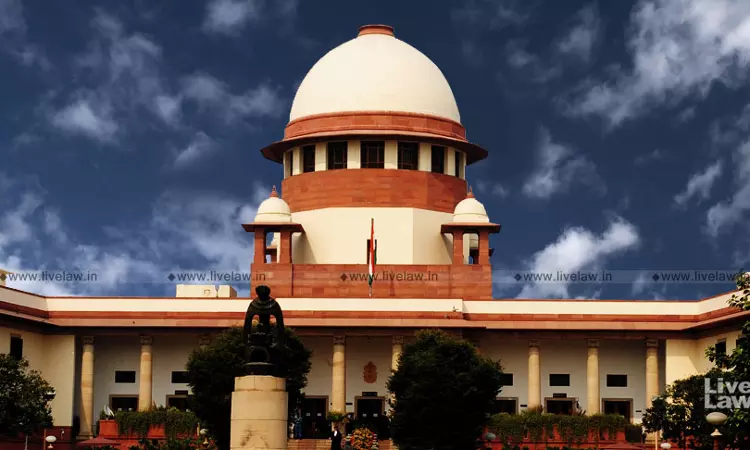The Supreme Court, on Monday, reserved judgment in the Union Government’s plea, inter alia, challenging the directions passed by the Madras High Court to the Central Government to consider suggestions for making Law Commission either a statutory body or constitutional body.After hearing the Counsels appearing for the parties, a Bench comprising Justice AS Oka and Justice Sanjay Karol granted...

